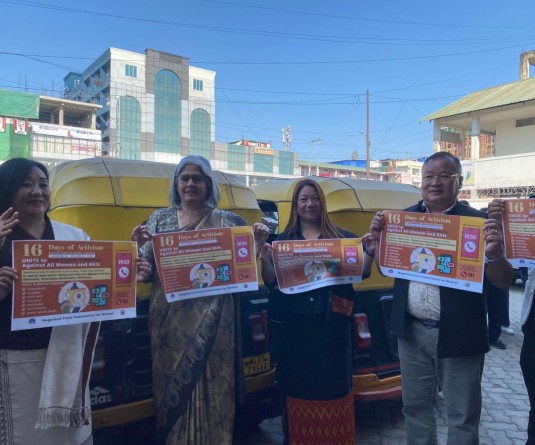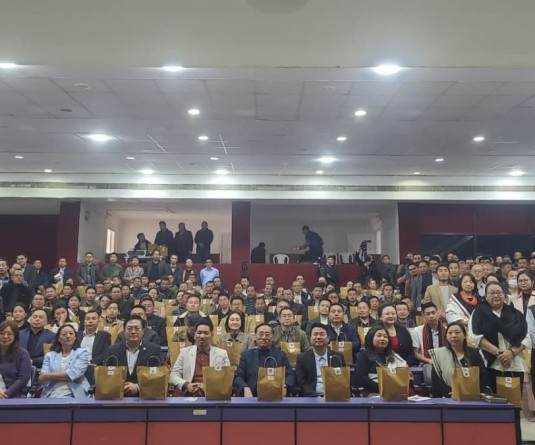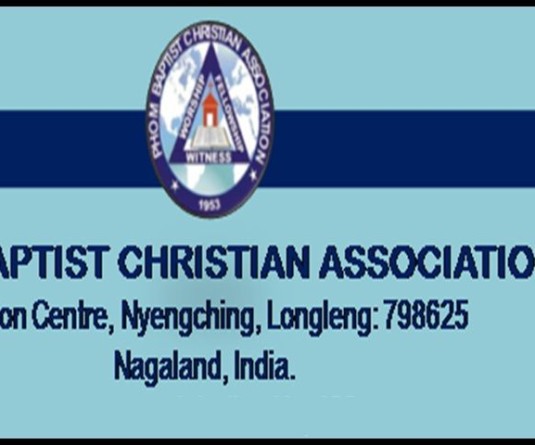
(July 28 is World Hepatitis Day 2016)
DIMAPUR, JULY 27 (MExN): On occasion of the World Hepatitis Day, which is observed every year on July 28, the Network of Nagaland Drugs and AIDS Organisation (NNagaDAO) has sounded caution on the emerging threat of HCV (Hepatitis C Virus) in Nagaland state.
In an open letter addressed to the Special Secretary, Ministry of Health & Family Welfare and Director General, National AIDS Control Organisation (NACO), NNagaDAO president and Director of Kirpa Foundation, Abou Mere urged for inclusion of Nagaland in the Hepatitis National Program, which would be launched on World Hepatitis Day.
“The Hepatitis C issue in Nagaland has emerged to be of urgent concern but even in recent years, not much has been done by the state government, civil organizations or the NGOs working in the field of HIV/AIDS and other health sectors, whereas the epidemic continues to spread rapidly and at an alarmingly rate,” the NNagaDAO press statement read.
It pointed out that the emerging threat needs to be addressed now or else the people of Nagaland in general and the Injecting Drug Users (IDUs) in particular stand to face a “huge HCV disease burden” which will challenge the State health programs in the coming years.
The NNagaDAO recalled that the burden of HCV in Nagaland emerged after the documentation of research data of Phek and Wokha districts by the Indian Council of Medical Research (ICMR/RMRC) through the Integrated Bio-Behavioral Assessment (IBBA) study among IDUs in 2006 and 2009.
According to the Data (Ref 2), the prevalence rate in Phek stood at 5.4% (2006) to 8.7% (2009) and 16.7% (2006) to 20.8 % (2006) in Wokha, signifying not only an alarming rate of HCV infection among this community but also an ever increasing trend. While highlighting this, the NNagaDAO has urged NACO to include Nagaland in the Hepatitis National Program. 2016 a pivotal year for viral hepatitis: NNP+ Network of Naga People Living with HIV/AIDS (NNP+) on Wednesday said the year 2016 is a pivotal year for viral hepatitis. A press note from NNP+ on World Hepatitis Day 2016, said this would be the first time national governments sign up and commit to the goal of eliminating viral hepatitis.
At the World Health Assembly held in May, WHO Member States had pledged to adopt the first ever Elimination Strategy for Viral Hepatitis with ambitious targets and a goal to eliminate hepatitis as a public health threat by 2030. And while supporting this global event and to elevate the theme of ‘Elimination,’ World Hepatitis Day programs are being jointly organized by HepCoN, NUN, Kripa Foundation, NNP+, NSACS, in the districts of Kohima, Wokha, Mokokchung, Satakha (Zunheboto District), Pfutsero (Phek District), Kiphire, Tuensang and Mon.
HVC Disease
Hepatitis C is a liver disease caused by the hepatitis C virus. Hepatitis C virus is a blood borne virus and the most common modes of infection are through unsafe injection practices, inadequate sterilization of medical equipment, and the transfusion of unscreened blood and blood products. Globally, between 130–150 million people globally have chronic hepatitis C infection. A significant number of those who are chronically infected will develop liver cirrhosis or liver cancer. Approximately 700 000 people die each year from hepatitis C-related liver diseases 1.






